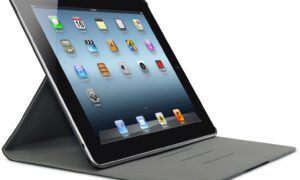A protocol plays a vital role in embedded system design, and without one for extending the peripheral features of the microcontroller, the power consumption and complexity of the design are expected to rise. There have been numerous protocols developed for data transfer between two systems. The I2C bus protocol is one of them, and the bus used is the I2C bus. An I2C bus is a bidirectional two-wire serial bus that is used to transport the data between integrated circuits.
Drivers and Challenges in the I2C Bus Market
Several factors are driving the market for I2C Bus, one of which is that industries such as consumer electronics, telecommunications, and industrial electronics are all growing at a rapid pace, resulting in widespread adoption of these buses.
Because there are many similarities across seemingly unrelated technologies, such as intelligent control, which is usually a single-chip microcontroller, the I2C interface is utilized to get benefit from the commonalities. This catalyzes the growth of the I2C bus business.
Other I2C bus drivers are more performance and feature-oriented. Some of them, such as the simple 2-wire serial I2C-bus, help to reduce interconnections, allowing us to have fewer pins and fewer PCB tracks.
Smaller designs and less-priced PCBs are the result of the approach used. The I2C bus is also less expensive since it eliminates the need for address decoders and other glue hardware thanks to its fully integrated protocol.
Key Players in the I2C Bus Market
NXP Semiconductors and Texas Instruments Incorporated are two prominent competitors in the I2C Bus industry, while Soliton Technologies and Maxim Integrated Products, Inc. are among the potential manufacturers who are anticipated to enter the market.



































